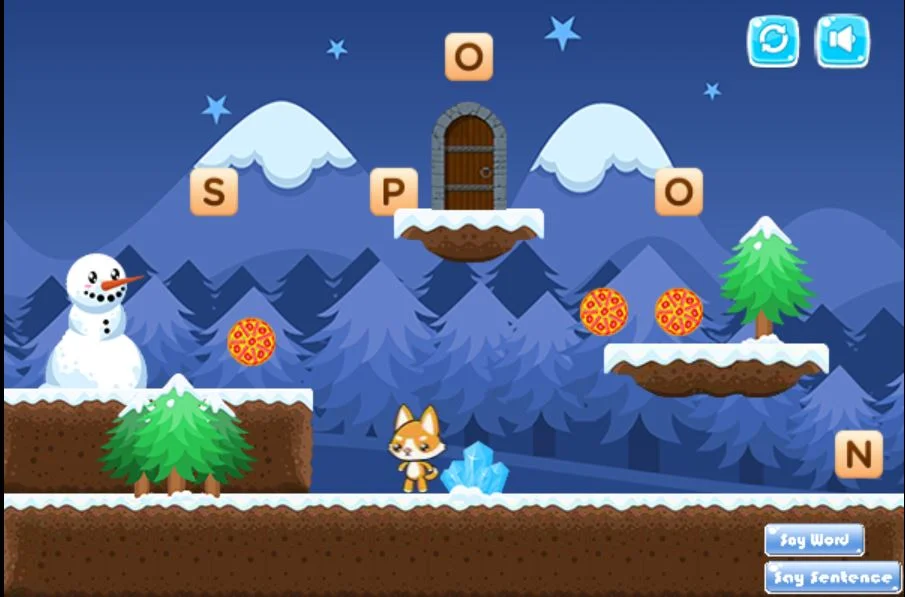Power spelling can help you write better and faster. Power spelling is not just about memorizing words; it is about learning the rules, patterns, and tricks that make spelling easier. When you know power spelling, you feel confident while writing, whether it is for school, emails, or fun stories. Kids and adults both can use power spelling to reduce mistakes. It can also make reading easier because you can recognize words quickly. Using power spelling regularly will help your brain remember tricky words like “because” or “beautiful” without thinking too much. Small daily practice, like spelling games or writing exercises, can make a big difference. Power spelling is like a superpower for anyone who wants to write neatly and confidently. It makes writing less stressful and more enjoyable, and everyone can improve step by step with the right techniques.
Power spelling is not only for students; it is useful for everyone. By learning power spelling strategies, you can save time and write clearly. One of the best ways to practice power spelling is to focus on common patterns, such as adding -ing, -ed, or changing y to i in some words. Another helpful trick is to break long words into smaller parts or syllables. Flashcards, apps, and word games can make learning fun and easy. Writing short daily stories or journals also helps you use power spelling naturally. Over time, you will notice fewer mistakes and faster writing. Teachers, parents, and learners can all use these tips to improve reading and writing skills. Power spelling can even boost confidence, as knowing how to spell correctly makes you feel proud and smart. With regular practice, anyone can turn power spelling into a lifelong skill that helps in school, work, and everyday life.
Table of Contents
What is Power Spelling and Why It Matters
Power spelling is a method of learning spelling that focuses on rules, patterns, and smart tricks instead of just memorizing words. It teaches how letters and sounds work together to form words. This approach makes spelling easier and helps learners remember words for a long time. Power spelling matters because it reduces frustration when writing. It also improves reading and vocabulary skills. Knowing how to spell correctly makes a big difference in confidence. Whether writing stories, emails, or notes, power spelling makes your words look neat and professional.
Simple Power Spelling Rules Everyone Should Know
Some rules are simple but very helpful in power spelling. Here are a few:
- When a word ends in “y” and you add -ed or -ing, sometimes you change “y” to “i,” like “happier” or “tried.”
- Words ending with a silent “e” often drop the “e” when adding -ing, such as “make” becomes “making.”
- Doubling consonants can help keep the short vowel sound, like “running” or “hopping.”
Learning these patterns helps you guess the spelling of new words and makes writing faster.
Top Tricks to Remember Tricky Words Easily
Some words are tricky, and power spelling gives smart tricks to remember them:
- Break words into smaller parts: “be-cause,” “be-au-ti-ful.”
- Use memory rhymes or songs: “i before e except after c.”
- Visualize the word: imagine how it looks while writing it.
- Repeat writing the word multiple times in short sessions.
These small tricks can make difficult words easier to remember over time.
Power Spelling Games and Exercises for Kids
Kids love games, and power spelling games make learning fun. Some ideas:
- Word puzzles and crosswords with common spelling words.
- Spelling bee challenges with friends or family.
- Flashcard games with points or rewards for correct words.
- Apps and online games that teach spelling patterns.
By turning learning into play, kids can practice power spelling without feeling stressed.
How Power Spelling Improves Reading and Writing
Power spelling does more than improve writing; it helps reading too. When you know how words are spelled, your brain can recognize them faster while reading. This improves reading speed and comprehension. Writing also becomes smoother because you focus more on ideas than worrying about mistakes. Power spelling encourages good habits and careful attention to words. It also boosts vocabulary, as learning patterns helps you understand and spell new words correctly. Over time, your reading, writing, and confidence grow together.
Daily Habits to Boost Your Power Spelling Skills
Regular practice is key to mastering power spelling. Some habits to follow:
- Write a small paragraph every day using new words.
- Read storybooks and notice tricky words.
- Use spelling apps or online games for a few minutes daily.
- Keep a personal spelling notebook for new words.
Consistency, even in small steps, makes power spelling skills stronger.
Common Mistakes to Avoid in Power Spelling
Even with practice, mistakes can happen. Watch out for these:
- Ignoring silent letters, like “knight” or “gnome.”
- Confusing homophones: “their,” “there,” “they’re.”
- Skipping syllables in long words.
- Not practicing regularly.
Correcting these mistakes early prevents bad habits and helps power spelling become second nature.
Tools and Apps That Help You Practice Power Spelling
Technology makes power spelling easier. Some useful tools:
- Mobile apps that teach spelling patterns with games.
- Online quizzes that test tricky words.
- Flashcard apps to repeat difficult words.
- Writing apps that highlight mistakes and give suggestions.
These tools make learning interactive, fun, and effective.
How Parents and Teachers Can Teach Power Spelling
Parents and teachers play an important role in teaching power spelling:
- Make learning fun with games and rewards.
- Encourage children to write daily journals or short stories.
- Practice tricky words in small sessions.
- Use flashcards and reading activities to reinforce spelling patterns.
Support and encouragement make learning power spelling easier and more enjoyable for children.
Conclusion
Power spelling does not have to be boring. The secret is to practice in small steps and mix it with fun activities. Story writing, word puzzles, and spelling games make learning enjoyable. Celebrate small improvements, like spelling a tricky word correctly. The more fun and confidence you create, the better you get at power spelling. Over time, these small steps become big improvements in reading, writing, and communication skills.
FAQs
Q1: What is power spelling?
Power spelling is a way to learn spelling using rules, patterns, and tricks instead of just memorizing words.
Q2: Who can benefit from power spelling?
Everyone can benefit—students, kids, teachers, parents, and adults who want to write correctly and confidently.
Q3: How can I practice power spelling daily?
Write short paragraphs, use spelling apps, play word games, and read storybooks to notice tricky words.




